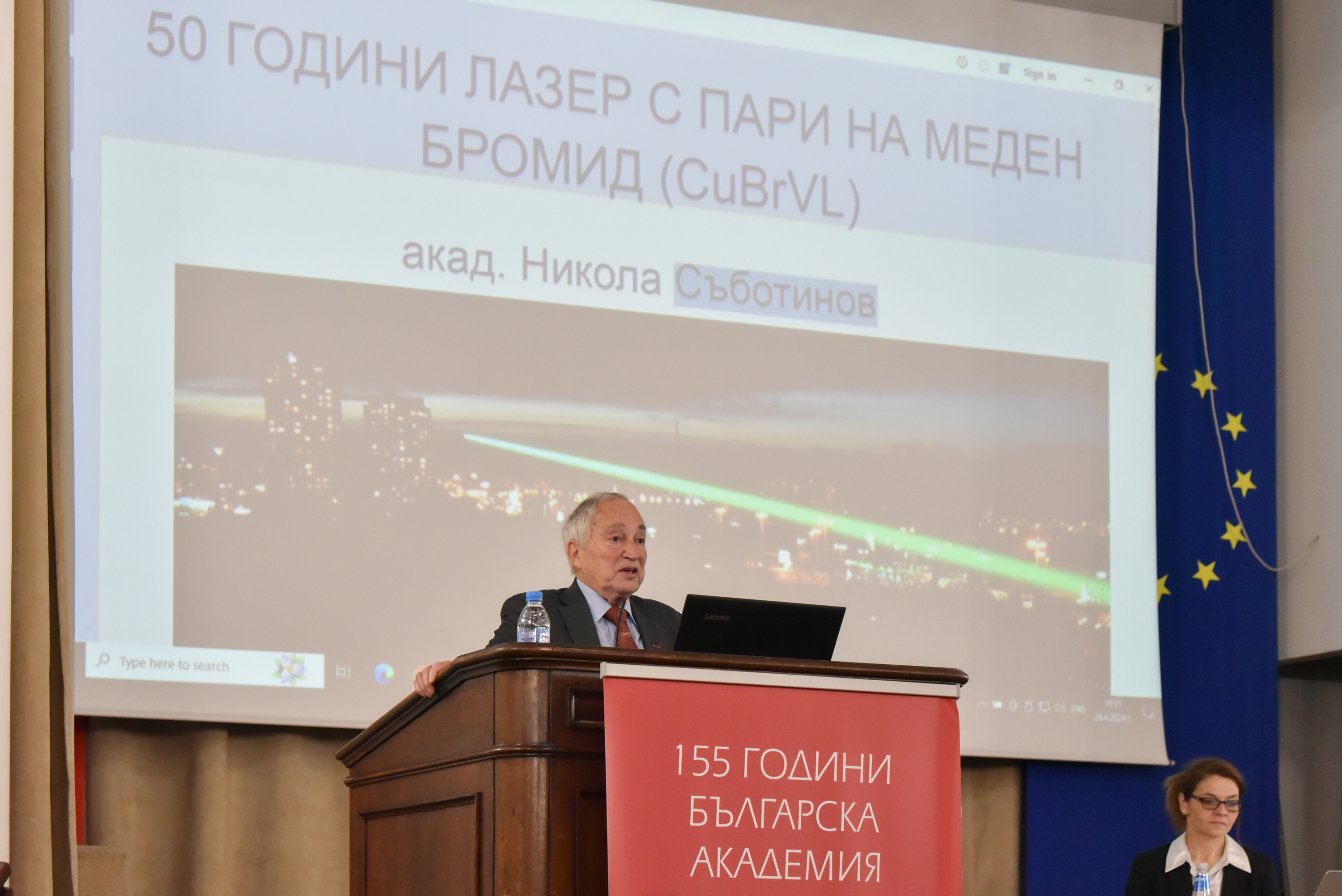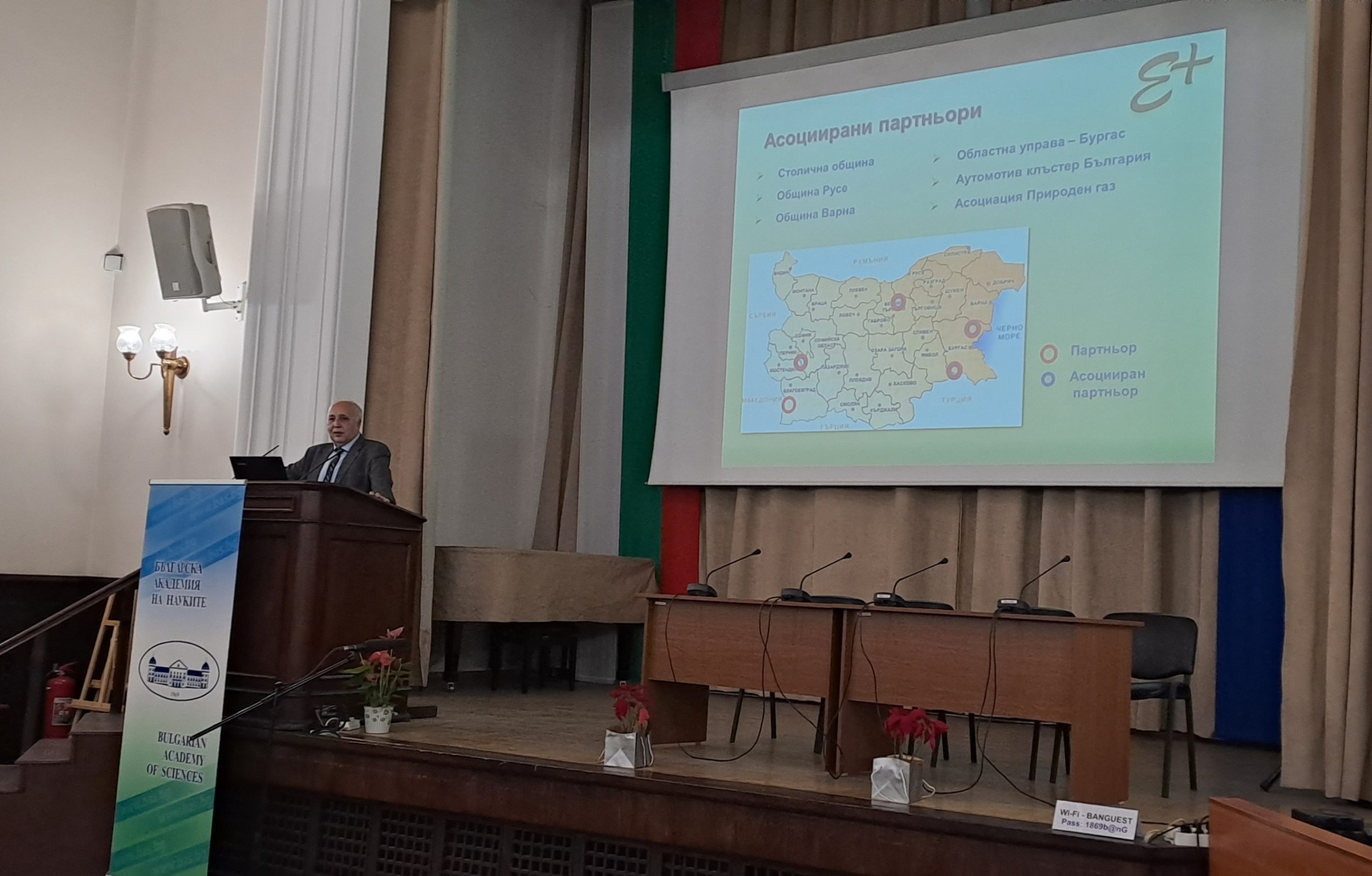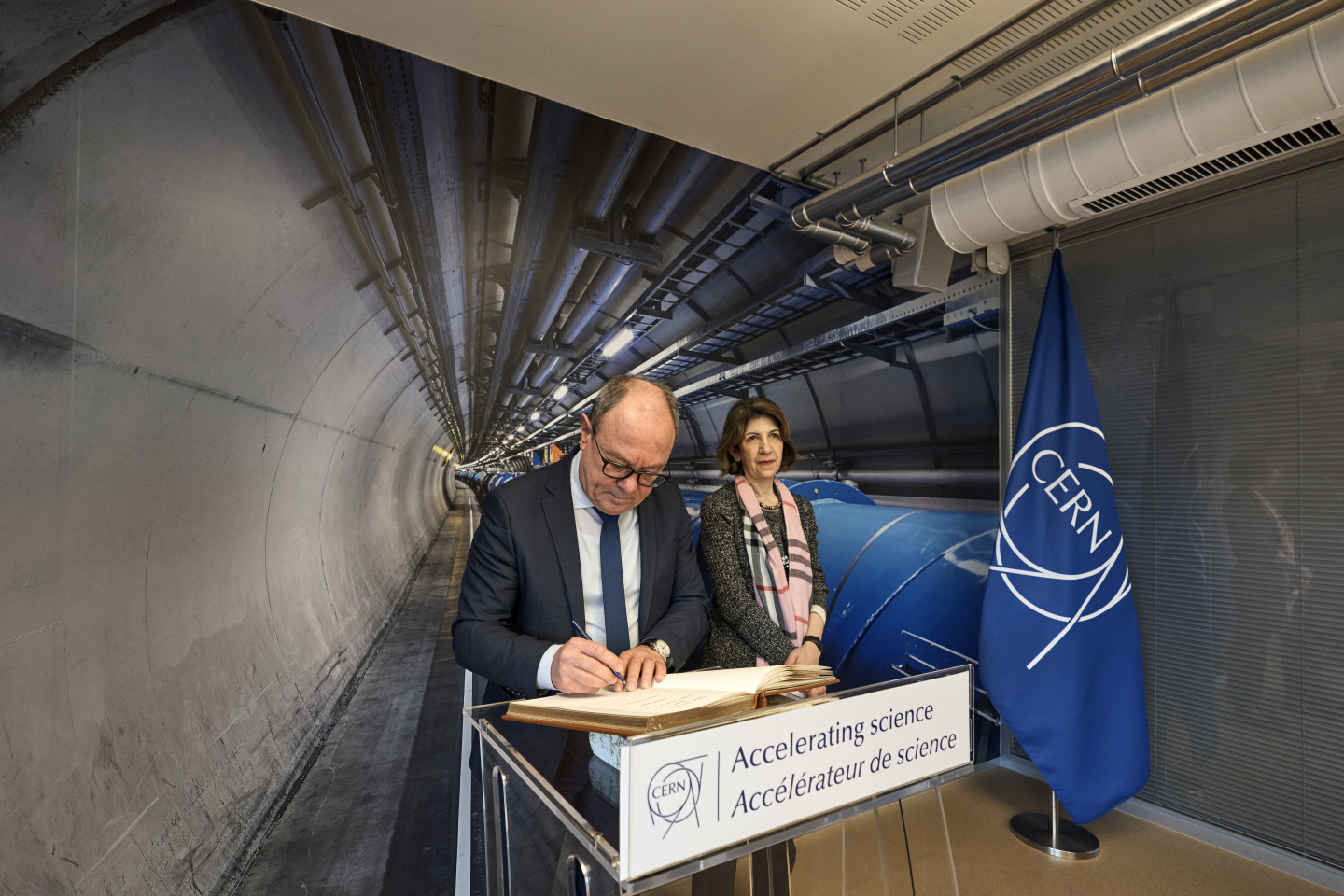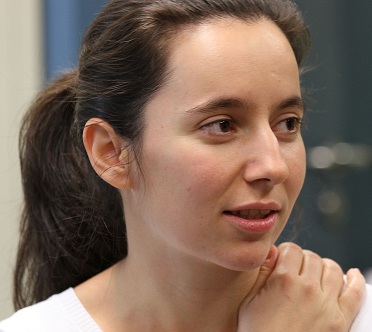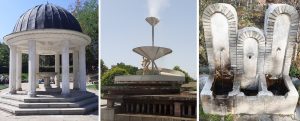
Fig. 1 Some of the studied mineral springs in Bankya, Sapareva Banya and Ognyanovo village
Detailed investigations of the natural radioactivity of the mineral springs widely used by the people in the territory of South-Western Bulgaria have been carried out by scientists from the Institute for Nuclear Research and Nuclear Energy of BAS (INRNE). The study is related to the increased public interest in the quality of drinking and mineral waters in Bulgaria.
Samples from the mineral water deposits in the regions of Sofia, Pernik, Kyustendil and Blagoevgrad were analysed: “Bankya”, “Sofia-Gorna Banya”, “Sofia-Knyazhevo”, “Sofia-Centre”, “Sofia-Pancharevo”, “Sofia-Zheleznitsa”, “Belchin Baths”, “Transka Bankya”, “Rudartsi”, “Sapareva Banya”, “Kyustendil”, “Banya”, “Ognyanovo” and “Banichan”.
The investigated mineral springs from Southwest Bulgaria meet the Bulgarian drinking water standards and are suitable for consumption by the population. Their use in peoples’ households does not pose any risks to their health, as there is no increase in the level of radioactivity.
The study includes the determination of the content of natural uranium, radium-226 and lead-210, which are the most significant sources of internal irradiation of humans in water samples from the respective springs.

Fig. 2 Map of the investigated mineral waters and graph of the measured content of natural uranium (nat. U), radium-226 (226Ra) and lead-210 (210Pb)
New complex radiochemical methodologies have been developed for the isolation of the investigated radionuclides from complex water matrices which is of paramount importance for the production of reliable water quality assessments.
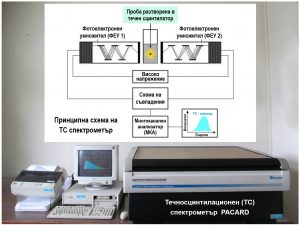
Общ вид и принципна схема на течносцинтилационен спектрометър, използван за по-голяма част от изследванията на естествената радиоактивност на минерални води в България
General type and principle scheme of a liquid scintillation spectrometer used for most of the studies of natural radioactivity of mineral waters in Bulgaria
To achieve high precision and reproducibility of the results, modern nuclear physics instrumental methods such as low-background liquid scintillation spectrometry, low-background gamma-ray spectroscopy with high-resolution and inductively coupled plasma mass spectrometry (ICP-MS) were applied.
On the basis of the results obtained for the radioactivity of natural uranium, radium-226 and lead-210, an evaluation of the estimated annual effective doses for adults was made. The correlations between the contents of natural radionuclides in water were investigated, and the influence of a number of physicochemical factors on their specific activities was assessed.
By presenting independent results, the study contributes to solving one of the most important and topical societal problems of drinking water quality.
The research was realized by Sen. Asst. Prof. Elena Geleva, PhD; Asst. Prof. Bozhidar Slavchev and Assoc. Prof. Hristo Protohristov, PhD in a team from INRNE – BAS with the financial support of the Bulgarian National Science Fund, Contract No. KП-06-N44/1, 27.11.2020. It has been selected as the most significant scientific and applied research in INRNE for 2021.
In recent decades, due to global pollution, including radioactive pollution, initiatives to protect and control water purity have been increasing. Radioactivity is colourless, odourless and tasteless and ingestion of waters with elevated radionuclide content can lead to serious public health consequences. One reliable means of protecting the population from the adverse effects of radioactive contamination of water is to carry out systematic studies of its quality indicators
Drinking and mineral water research is among the priority tasks arising from a number of Bulgaria’s international commitments to the World Health Organization and the European Union, reflected in the National Health Strategy and the Environmental Protection Strategy, and is directly related to improving the quality of life and reducing health risks for the inhabitants of our country.


